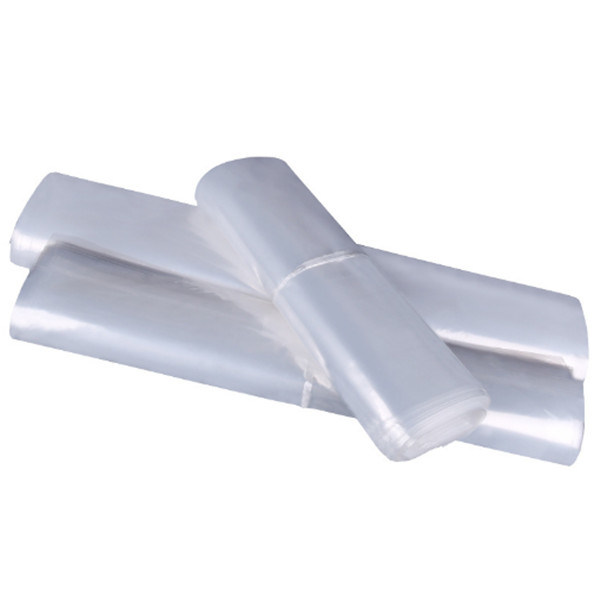The Unsung Heroes of Container Cargo: Liner Bags
Introduction
Container cargo transportation is a crucial part of global trade, but it comes with its own set of challenges, especially when it comes to protecting the goods inside from external elements. Liner bags, specifically polyethylene liners, often abbreviated as PE bags, have emerged as unsung heroes in this realm. In this blog, we'll explore the world of liner bags, their applications, and how they play a pivotal role in safeguarding cargo during transit.
Liner Bags: A Shield for Container Cargo
Liner bags are specialized bags designed to fit inside shipping containers. They act as an extra layer of protection for the goods being transported. Here's why they are indispensable:
Moisture Barrier: Liner bags create a moisture barrier, preventing condensation and humidity from affecting the cargo. This is especially vital when goods are transported through different climatic conditions.
Contamination Prevention: They shield goods from external contaminants, such as dust, pests, and chemical exposure. This is essential for maintaining the quality and integrity of products.
Temperature Control: Some liner bags come with insulation properties, helping to maintain the temperature inside the container, which is crucial for temperature-sensitive cargo like food or pharmaceuticals.
Cargo Security: Liner bags can conceal the cargo from view, providing an extra layer of security against theft and tampering.
The Many Faces of Polyethylene Liners (PE Bags)
Liner bags are available in various materials, but polyethylene liners, commonly referred to as PE bags, are among the most popular. Here are the different types:
Standard PE Liners: These are the most common and offer basic moisture and dust protection. They are suitable for various types of cargo.
Insulated PE Liners: Ideal for goods that require temperature control. Insulated PE liners help maintain the desired temperature inside the container.
VCI (Volatile Corrosion Inhibitor) PE Liners: These are used for cargo that is susceptible to corrosion. VCI PE liners release corrosion-inhibiting vapors, protecting metal goods.
Anti-Static PE Liners: Designed to prevent electrostatic discharge, anti-static PE liners are used when transporting electronic components and sensitive equipment.
Applications of Polyethylene liners
Liner bags have a wide range of applications in different industries:
Agriculture: Liner bags protect bulk agricultural goods like grains and seeds from moisture and contamination.
Pharmaceuticals: For pharmaceutical companies, maintaining the quality and integrity of products during transit is critical. Liner bags play a crucial role in this process.
Chemicals: The chemical industry relies on liner bags to safeguard its products from external elements that may compromise their quality.
Food Exports: Liner bags are commonly used for transporting food products, ensuring they reach their destination in the best possible condition.
Conclusion
Liner bags, particularly polyethylene liners (PE bags), are the unsung heroes of container cargo transportation. Their versatile applications and protective features make them invaluable for various industries, ensuring that goods are delivered in optimal condition. As global trade continues to grow, the role of liner bags in preserving the quality and integrity of cargo becomes increasingly vital. They are not just bags; they are guardians of quality and reliability in the world of container cargo.

.png)

.png)
Comments
Post a Comment